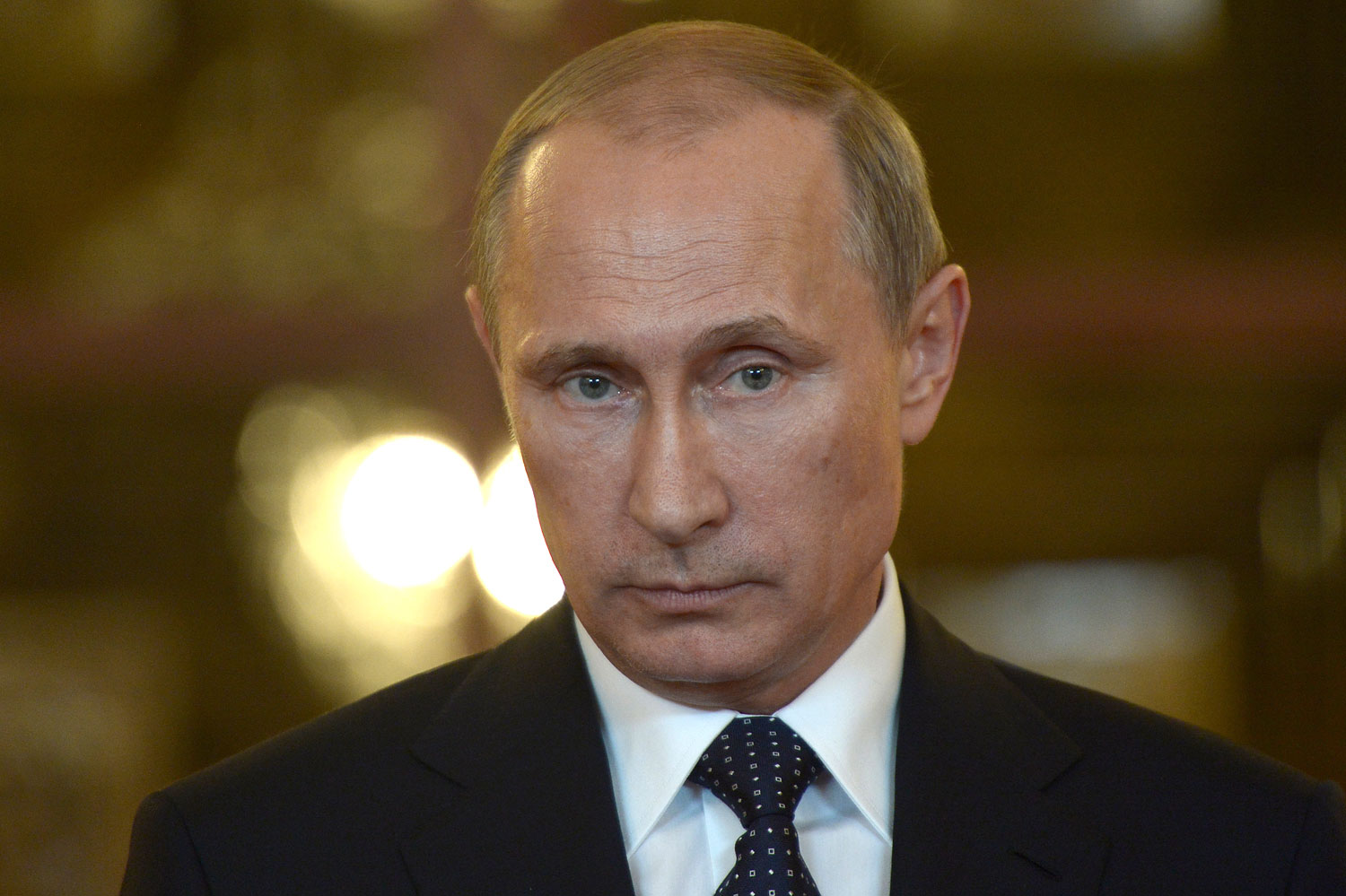
A Russian disaster is almost never followed by Russian candor. This is true of most countries, but most countries are at least adept at explaining themselves — even if disingenuously — as the George W. Bush Administration showed with its flood-the-airwaves spin campaign after the weapons of mass destruction that were the casus belli of the Iraq War turned out not to exist. Not so Russia, and — as TIME’s Simon Shuster reports — its response to the shoot-down of Malaysia Airlines Flight 17 and the murder of the 298 people on board is one more illustration of that fact. Even after what are purported to be recordings between a pro-Russian rebel and a Russian military officer discussing the destruction of the airliner surfaced, Moscow remained in defiant denial — even flipping the script to blame Ukraine. “This tragedy would not have happened if there had been peace on that land, or in any case if military operations in southeastern Ukraine had not been renewed,” said Russian President Vladimir Putin. Foreign Minister Sergey Lavrov took a lower road, going for the ad hominem: “With regard to the claims raised by Kiev, that it was almost us who did it,” he said to a Russian state-run news channel, “in fact I haven’t heard any truthful statements from Kiev over the past few months.” Australian Prime Minister Tony Abbott described this response with elegant understatement, labeling it “deeply, deeply unsatisfactory.” Soviet Russia was even more ham-handed in its defense of itself. A few days after the April 26, 1986, explosion of the Chernobyl nuclear power plant, Soviet Ambassador Eugene Pozdnyakov appeared with Ted Koppel on ABC’s Nightline. When Koppel asked him why Russia initially covered up the accident, coming clean only when radiation readings in Europe revealed the truth, Pozdnyakov blamed the calendar. “It happened on Saturday,” he said, “and the governments of proper countries are usually on holidays on weekends.” Koppel responded with frank incredulity, scolding the diplomat with a simple, “Oh, come on!” In the current crisis, Moscow could at least call on experience, since — depressingly, remarkably — it’s not even the first time Russia has been implicated in shooting down a civilian passenger plane. That first time occurred on Sept. 1, 1983, when a military interceptor jet blew Korean Airlines Flight 007 out of the sky, killing 269 people, after the plane accidentally strayed into Soviet airspace. Moscow hedged and fudged and blamed the Korean pilot for being where he wasn’t supposed to be, and finally decided to fake transparency, releasing what were said to be air to ground transcripts between the interceptor plane and the base, intending to show, if nothing else, that the pilot seemed confused about what was happening. At one point during the attack, he was said to have exclaimed “yolki palki,” which TIME described then as “an exceedingly mild oath,” and indeed it is. Its literal translation is “sticks of the fir tree.” And it’s English equivalent? “Fiddlesticks.” The fighter pilot has not been born who speaks that way when engaging the enemy. Wordplay amounts to little for the 298 people killed in the new attack — or for the 298 grieving families. But it amounts to a lot as the rest of the world tries to reckon with Russia’s new aggression and its return to its old, opaque ways. The attack on the plane was over quickly; the aftermath promises to play out slowly and uncertainly.
More Must-Reads from TIME
- Cybersecurity Experts Are Sounding the Alarm on DOGE
- Meet the 2025 Women of the Year
- The Harsh Truth About Disability Inclusion
- Why Do More Young Adults Have Cancer?
- Colman Domingo Leads With Radical Love
- How to Get Better at Doing Things Alone
- Michelle Zauner Stares Down the Darkness
Write to Jeffrey Kluger at jeffrey.kluger@time.com